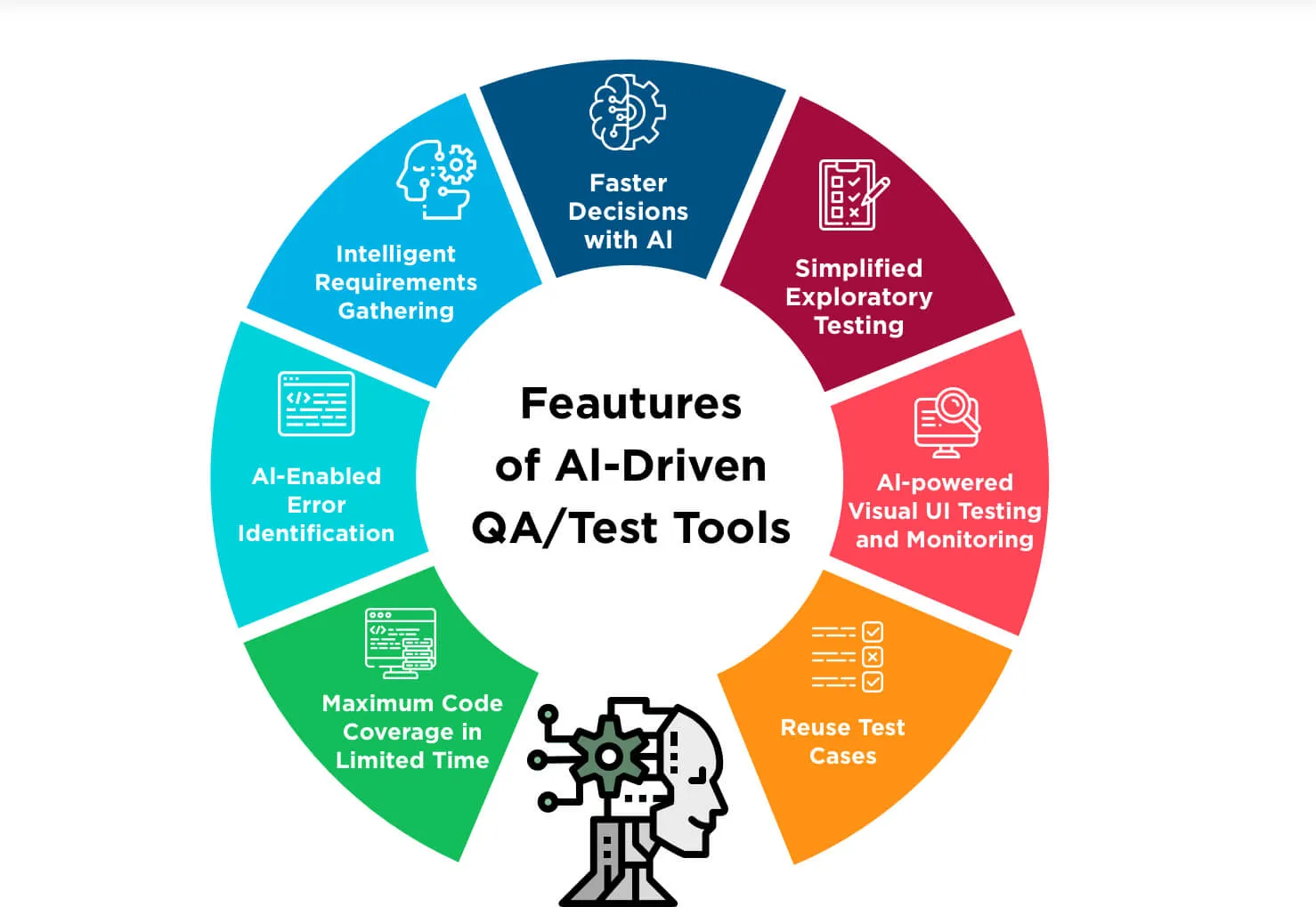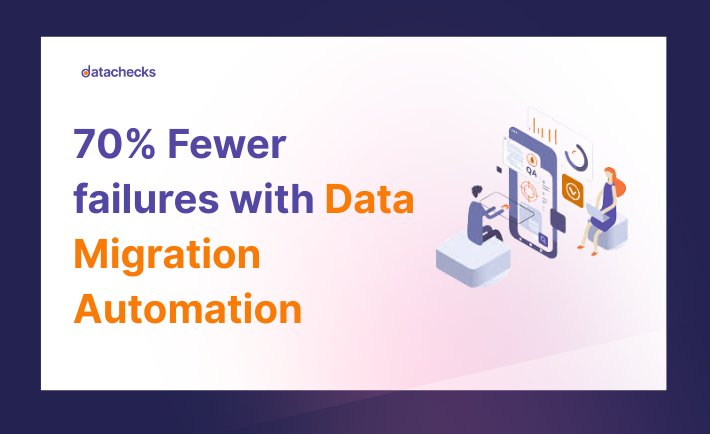The enterprise landscape is shifting rapidly. In 2024, over 90% of global enterprises undertook at least one data migration to modernize legacy systems and boost agility. QA leaders now face the reality that traditional QA methods aren’t enough for modern, large-scale data migrations.
The QA Lead's role is evolving—from overseeing processes to strategically orchestrating intelligent systems. This goes beyond adopting new tools; it's about rethinking how QA drives value in an AI-powered enterprise.
From Manual Oversight to Strategic Intelligence
Traditional QA focused on people management, process adherence, and manual checks. Now, QA Leads must strategically deploy AI agents that reason, adapt, and execute complex quality tasks autonomously.
AI automation could optimize over 70% of IT expenses, much of which centers around QA.
This isn’t just about cutting costs—it’s about shifting from reactive quality gatekeepers to proactive business enablers.
Top QA teams use AI agents to automatically generate validation rules, detect data quality patterns in huge datasets, and predict where migration scripts might fail, capabilities unimaginable two years ago.

Orchestrating Human-AI Collaboration
QA Leads now focus on seamless human-AI collaboration. The challenge? Understanding where human judgment adds unique value and where AI shines.
Take data reconciliation: once a manual, labor-intensive process. Today, AI-powered agents perform real-time reconciliations, flag discrepancies, and suggest fixes. The QA Lead sets AI decision parameters, escalation protocols, and ensures actionable business outcomes.
AI slashes test execution time by automating repetitive tasks and prioritizing critical tests. But discerning which tests need human oversight remains key. Exceptional QA leadership balances trust in machines with human validation.
Redefining Quality Standards for Complex Migrations
Legacy QA methods struggle with modern migration complexity. Static script-based validations often miss edge cases that derail projects.
AI agents adapt validations to each dataset and scenario, generating relevant tests, spotting anomalies, and creating synthetic test data that reflects real environments.
QA Leads now define the boundaries where AI safely operates, grounded in business risk tolerance, data sensitivity, and potential quality failure impacts.
Building Confidence Through Intelligent Automation
Executives now demand real-time visibility into migration progress and quality metrics. Old reporting—periodic status updates and post-migration assessments—no longer suffice.
AI-powered QA agents continuously monitor data quality, track progress against success criteria, and flag issues early. QA Leads translate these insights into executive-level communications that build confidence.
This demands new skills: data interpretation, risk communication, and stakeholder management. Explaining AI decision-making to non-technical execs becomes as critical as technical expertise.
Strategic Implications for QA Organizations
AI-powered QA brings opportunity and challenge. Successful teams shift from cost centers to strategic differentiators, driving faster, reliable digital transformations.
But this shift requires investing in new capabilities:
- Understanding AI system design
- Recognizing AI biases
- Building processes for continuous AI learning
Top QA organizations see AI agents not as human replacements, but as intelligence amplifiers. They train teams to collaborate effectively with AI, while preserving critical thinking and business judgment.
The Future-Ready QA Leader
Tomorrow’s QA leaders will blend human insight with AI capabilities. The goal isn’t to remove humans but to elevate their strategic impact.
They’ll embrace uncertainty as AI evolves unpredictably and develop new success frameworks that reflect continuous AI learning.
Above all, they’ll focus on business outcomes. AI sophistication matters only if it drives better decisions, faster time-to-market, and reliable digital transformations.
Conclusion
QA Leads in the AI era are evolving the way quality assurance adds enterprise value. Those who embrace this shift—mastering human-AI collaboration, intelligent automation, and executive communication—will lead digital transformation efforts.
The question isn’t if AI will transform QA leadership; it’s whether QA leaders will transform themselves to fully harness AI agents.
The future belongs to QA leaders who think like strategists, operate like technologists, and communicate like business leaders. In the age of AI agents, these aren’t just advantages—they’re essentials.

.png)

.svg)







